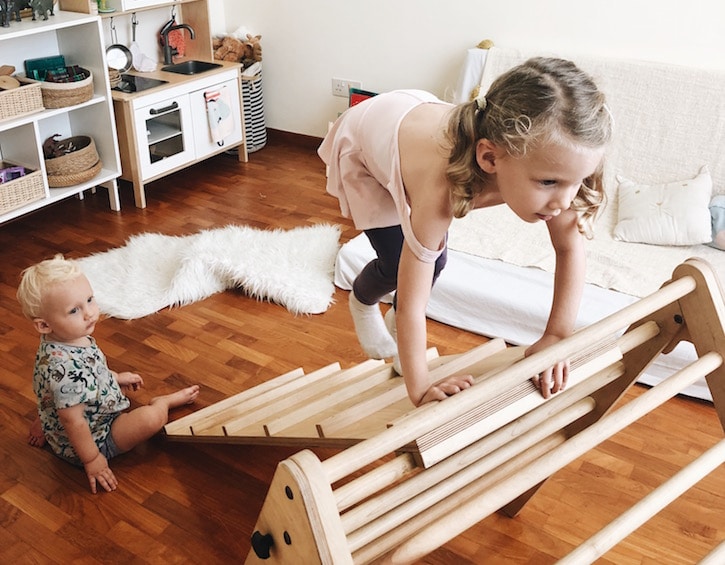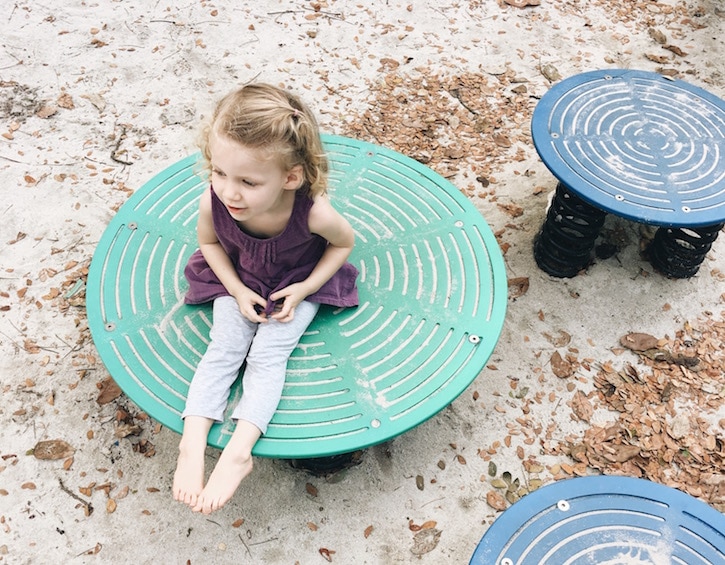How to stop yelling (!)
Being a calm and collected parent, rising above the tension, being the graceful, confident, mature leader that our children need: this is the parent most of us aspire to be, desire, and even promise ourselves we’re going to be, but it can be difficult to sustain!
We know how important it is to parent from a place of love rather than from fear, but despite our best intentions we lose it and end up yelling at those we love the most — our kids.

But why do parents yell?
The way I see it, is it usually a mix of mindset and triggers. When it comes to mindset the way we see our children and their behaviour has great effect on how we react to them. For example what we expect of them in each situation; Do we expect them to listen and obey our words? Or are we ready to understand that they might need more help from us than just our vocal direction? Do we see our children’s misbehaviour as them “giving us a hard time” instead of them “having a hard time”? Do we view our children as “naughty” or “bad,” or do we see them as inherently good, always trying the best they can in each situation?
“These mindset shifts have drastic effect on how we react to our children when things get tough. So when it comes to it, much of is it actually about reframing and educating ourselves on what behaviour really is.”
The other reason we might find ourselves yelling at our kids is our own triggers. We often blame our kids for our outbursts and convince ourselves that it’s because they don’t listen, are disrespectful, sassy, or misbehave. But it’s important to understand that these are our own triggers at play. Our children’s actions, behaviour or events can push our buttons, bring up pain, unresolved trauma or other memories from our own childhood and that will often make us react without thinking, in ways we usually regret later!
No one ever said “Oh that was a great idea, I feel so much better now!” after blowing up and yelling at their children. No, instead we feel guilty and usually want to apologise (which is a great idea, by the way)
But raising our voices rarely solves the situation. It may make our children obey us for a short while, but it won’t make them learn in the long run. Recent research points out that yelling actually brings out more aggression in children, both physically and verbally. To me, though, the most real proof of why we shouldn’t be yelling at our kids is that we feel terrible afterwards. No one ever said “Oh that was a great idea, I feel so much better now!” after blowing up and yelling at their children. No, instead we feel guilty and usually want to apologise (which is a great idea, by the way).

So how to turn around the pattern of yelling?
- It always starts and ends with us.
As a parent I believe it is our #1 job to keep ourselves emotionally healthy (via self care, mindfulness practice, or other means) so we can actually show up as the parent we want to be for our children. It’s truly impossible to consistently be emotionally generous to our children when we are a dry sponge to ourselves. See, when we are on the edge it’s really easy to be pushed over. It’s our responsibility to stay away from the edge in the first place! - Don’t correct until you connect.
In any stressful situation try coming from a place of deep empathy and practice seeing things from your child’s perspective. When we truly acknowledge feelings (all feelings!) from a place of empathy, there will be no room for anger. And when our children feel we are on their side and understand, even when we are setting necessary limits, they want to behave and cooperate. This is why empathic limits are so powerful because we connect while setting limits. - Instead of yelling, MODEL.
Modelling what we want to see in our children is the single most powerful thing we can do as parents. If we want to see emotional regulation, we need to show emotional regulation. It is actually a golden opportunity when we are JUST ABOUT to lose it (or we just lost it, better late than never!) to model how we reel ourselves back in.
What it usually looks like for me is something like this: First I try and acknowledge my own feelingsout loud “I’m feeling frustrated right now”, or “I can feel myself getting angry right now”. Then I will say – again, out loud – how I’m going to try and calm down. I usually say something like “I don’t like feeling so frustrated, it doesn’t make me feel good, I’m going to try and calm down…I’m going to take a few deep breaths”. Then I will breathe deeply in front of my children and of course I DO feel better afterwards and am able to carry on in a more productive state of mind.
It is a huge win for me when I am able to model self-regulation in this way, but it is far from easy to do! It does take a lot of practice, but the more I’m able to force myself to pause before flying off the more easier it becomes to do in the moment.
Comments